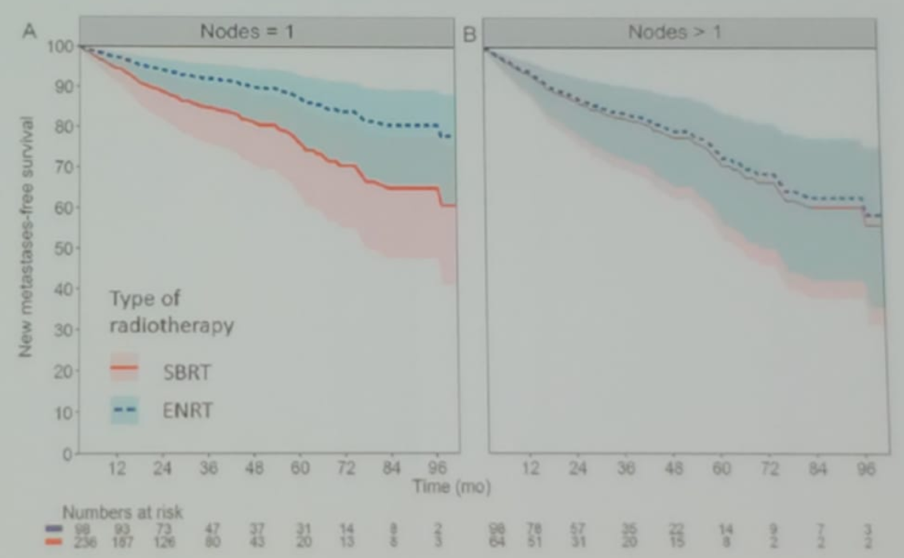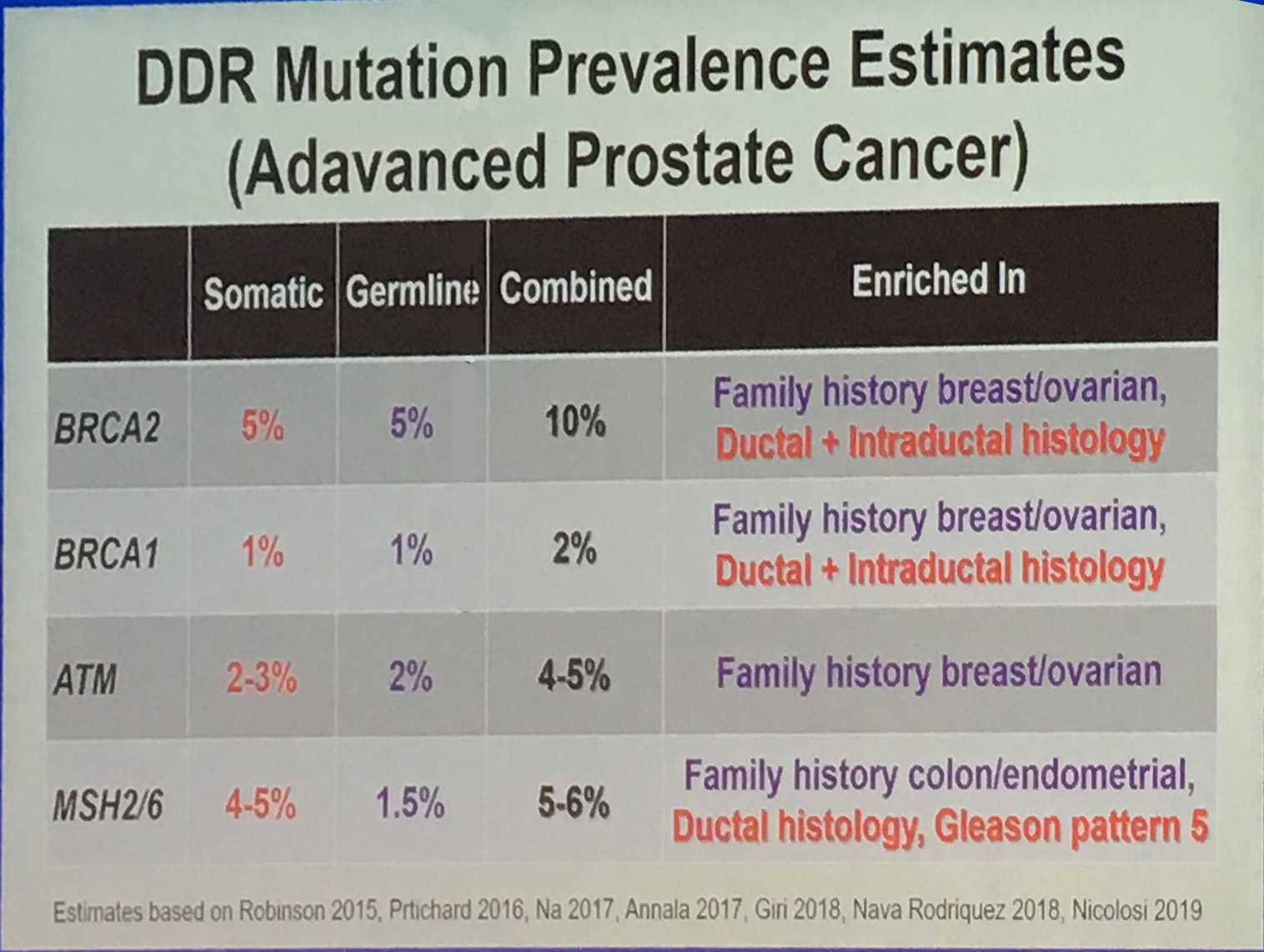APCCC 2019: Which Men Need Genetic Counselling and/or Testing?
Basel, Switzerland (UroToday.com) During the Molecular Biomarkers and Novel Imaging in Advanced Prostate Cancer session at the Advanced Prostate Cancer Consensus Conference (APCCC 2019), Dr. Rosalind Eeles discussed how patients should be selected for genetic counseling and testing. In her opinion, there are several important questions: What is the spectrum of genetic predisposition that we currently […]


